Your 30 Week Old Baby – Development, Milestones & Care

Your little one is 30 weeks old now! He is not only growing physically, but he is becoming more intellectually aware, too. Your baby loves your company and also those he sees on a daily basis. He is becoming more social, and his motor skills are developing at a fast pace. Now that your 30-week-old infant is learning to grasp things, you can give them finger food to build their strength and sharpen their grasping skills. In this article, we shall discuss everything that is going on with your 30-week-old baby and what you, as a parent, can do for your baby’s growth and development.
A 30 Weeks Old Baby’s Development
At around 30 weeks (or seven months), you may observe that your baby has better cognitive abilities and memory. He may anticipate what is going to happen next. If you pop open the lid of a cookie jar, he knows he is going to get a treat. He may even wait for his father to return home from work in the evening. He is relying more on sensory skills of touch, feel, hearing, and smell.
Your baby is a keen observer of what is happening around him. His fine motor skills are becoming better, too, and therefore, you will hear him dropping, shaking, throwing, and banging his toys and other objects (1). He may have mastered the art of picking up food using his fingers and may feed himself, too. The 30-week-old baby growth spurts may include your baby’s better grasping ability, which will improve further as he grows. But, you will still not know if he is left-handed or right-handed by this age, though some babies may show this preference as early as three months of age. However, most babies will use both their hands in the first year after birth.
A 30 Weeks Old Baby’s Milestones
Here are some milestones that your baby may achieve by the time he is 30 weeks old:
- Your baby understands dimension by this age, and thus you may notice him stacking or placing his toys by size.
- Your baby has stronger muscles by this time. He may crawl, roll, and may even turn his back while sitting (2).
- He has a better understanding of emotions. He may laugh, cry, and show emotions that people around him exhibit (3).
- Your baby may imitate various sounds that he hears, like ‘ba-ba’ or ‘da-da.’ (4) He may even copy some of your actions! This is a good time to teach him little gestures, such as bye-bye and shaking hands.
These are some of the major milestones that you may notice in your baby. However, every baby is different and may achieve different milestones at different times.
Feeding
Your baby is almost eight months old! By this time, he may have started eating a wide variety of solid foods. You should introduce him to almost all food items that your family usually eats. Do not exclude a food item just because you fear that it may lead to an allergic reaction unless it has already happened. However, refrain from feeding your baby eggs in any raw form.
It is recommended that you introduce one food at a time in order to see how your baby reacts to it. You should also continue to breastfeed your baby and give him solid foods. Some babies may develop lactose intolerance, and under such circumstances, soy milk may be used. Your baby’s immune system is developing, and therefore, offering him a wide range of food reduces his risk of food sensitivities. However, if you notice any kind of allergic reaction from any food item, refrain from serving it to your baby and seek immediate medical help.
Sleeping
At 30 weeks, your baby is battling developmental and growth issues, and thus, you may notice an erratic day napping schedule, which is very normal in babies of this age. Your baby may be having two to three short naps during the day. At this age, he may want to sleep snuggled up with you, as he may not like sleeping alone in the cot. This behavioural change may be due to separation anxiety, too (5). You may find tending to your baby’s clinging needs daunting if you have other children in the house to take care of. Some doctors may recommend sleeping in the same bed with your baby, as it would help both the mother and the baby to have a peaceful sleep.
It is also noticed that babies around this age reduce their daytime feeding and increase their nighttime feeding; this is their way of managing their feeding needs without interrupting with their daily activities. Your 30-week old baby’s sleep may seem a little disrupted, but soon he may follow a good sleeping schedule.
A 30-Week-Old Baby’s Care Tips
Here are some tips that you may follow to help your baby achieve developmental milestones in a better way:
- Sing rhymes and songs to your baby. You may also read to him. This helps him develop better listening skills, and sharpens his memory, too.
- Your baby at this age is like a copycat! He may love to copy whatever he sees other people doing. You can buy him mini-me toys, like a toy phone.
- Your baby may be going through separation anxiety during this time. You can play games such as peek-a-boo to teach him that things that go away come back.
- You should get toys of various colours, patterns, and shapes to help your baby with his motor and thinking skills.
- You may help your baby master newly developed muscle movements. However, refrain from helping a lot, as your baby needs to learn things on his own. Help him stand, sit, or grab an object by guiding his hands and legs.
Tests and Vaccinations
When you take your baby for his 30-week health check-up, your doctor may want to test the following:
- Heart and lungs, to check for signs of abnormal heartbeat or breathing troubles
- Eyes, to check for any eye problems, such as a blocked tear duct, etc.
- Mouth, to check for any new teeth or signs of thrush
- Ears, to see how your baby responds to sounds or to check for an infection
- Head, to check the fontanel or the soft spot on the head
- Body, to check for rashes or infection, and various muscle movements
Your baby may have to take the following vaccinations:
- DTaP
- Hepatitis B
- Hib
- Rotavirus
- Flu
You may inquire about your baby’s vaccination schedule with your doctor.
Games and Activities
You can play different types of games with your baby and engage him in various activities to help him develop better cognitive, fine motor, listening, and communication skills. Your baby loves getting involved in activities that include sounds, singing, and talking. If you pause for a moment while singing or humming, your baby may look eagerly towards you and know what’s coming up next.
Here are some games and activities that you may involve your baby in:
For better cognitive development:
- You can give various sound making toys to your baby, like a bell, xylophone, rattle, etc.
- You may help your baby feel different textures.
- You can make a toy box with objects of different sizes, shapes, colours, and textures.
For developing better motor skills:
- You can play catch-catch with your baby.
- Help him hold one object each in both hands.
- Let him throw, drop, or bang various objects!
- Give your baby some toys, and let him make a mess and work out his little fingers.
Products That 30-Week-Old Baby Needs
A playard or playpen is something of great use for your 30-week-old baby. A playard or playpen is foldable and portable, making it easy to carry anywhere along with your baby. It offers a safe, covered space for babies to play and sleep. Plus, it is a great choice for indoor and outdoor play. Suppose, you are at a garden party or a picnic with family, then you can have your kiddo play peacefully in the playpen without having to carry them all the time.
When to Consult a Doctor
All the above-mentioned milestones are usually achieved by a 30-week-old baby. However, some babies may achieve these milestones sooner or later than 30 weeks. This is very normal because every baby is different. However, if your baby is exhibiting any of the following symptoms, it is recommended that you consult your doctor as soon as possible:
- Your baby is not able to sit, even with support.
- Your baby is unable to crawl or drag himself when he lies on his tummy.
- Your baby faces difficulty in getting things close to his mouth.
- Your baby does not try to grab objects that are in his vicinity.
- Your baby is unable to roll in any direction.
- Your baby exhibits no emotions or expressions towards known people.
- Your baby has extremely rigid and tight muscles, and he stays stiff.
- Your baby does not make usual vowel sounds.
- Your baby does not squeal or laugh.
- Your baby looks tired, disinterested, or is fussy and floppy.
FAQs
1. Should I worry if my 30-week-old baby is not able to sit independently for a much longer time?
According to the CDC, babies begin learning to sit at 6 months with the help of their hands or objects, and by 9 months, they are able to sit independently or without support but may need a little help to get in and out of the sitting position (6) (7). So, for a 30-week-old baby (7-month-old baby), it is normal for them to sit with support.
2. What kind of books can I read to my baby?
You can look for Touch and Feel Books that have big and colourful illustrations along with the sensory cutouts for children to touch and feel. Simialrly, you can try cloth books. If your little one is more interested in chewing the pages of the books, then you can buy cloth books.
3. When will my baby recognise his name?
By five to seven months, babies are able to start recognising their names when you call out for them and play with them (3). If your baby isn’t there yet; don’t worry. Keep on calling out their name; they’ll soon realise it’s them.
If you notice any of these signs in your baby, then it is recommended that you seek immediate medical help, as your child may be having developmental problems. With timely medical intervention and care, most developmental issues can be handled.
References/Resources:
1. 7-9 Month Old Baby Development & Milestones; CHOC; https://choc.org/primary-care/ages-stages/7-to-9-months/
2. Your baby’s growth and development – 7 months old; Pregnancy Birth & Baby; https://www.pregnancybirthbaby.org.au/babys-growth-and-development-7-months-old
3. Developmental Milestones: 7 Months; American Academy of Pediatrics; https://www.healthychildren.org/English/ages-stages/baby/Pages/Developmental-Milestones-7-Months.aspx
4. Infant development: Milestones from 7 to 9 months; Mayo Clinic; https://www.mayoclinic.org/healthy-lifestyle/infant-and-toddler-health/in-depth/infant-development/art-20047086
5. Sleep and Your 4- to 7-Month-Old; Nemours KidsHealth; https://kidshealth.org/en/parents/sleep47m.html
6. Important Milestones: Your Baby By Six Months; CDC; https://www.cdc.gov/ncbddd/actearly/milestones/milestones-6mo.html
7. Important Milestones: Your Baby By Nine Months; CDC; https://www.cdc.gov/ncbddd/actearly/milestones/milestones-9mo.html
Also Read:
28 Week Old Baby
Development of 29 Week Old Baby
Milestone of 31 Week Old Baby
Development and Care of 32 Week Old Baby
Was This Article Helpful?
Parenting is a huge responsibility, for you as a caregiver, but also for us as a parenting content platform. We understand that and take our responsibility of creating credible content seriously. FirstCry Parenting articles are written and published only after extensive research using factually sound references to deliver quality content that is accurate, validated by experts, and completely reliable. To understand how we go about creating content that is credible, read our editorial policy here.






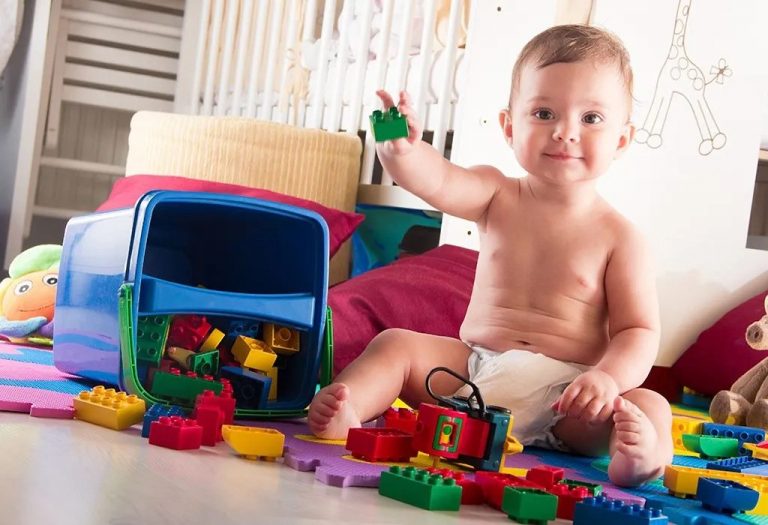

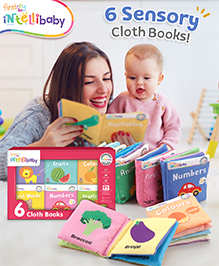
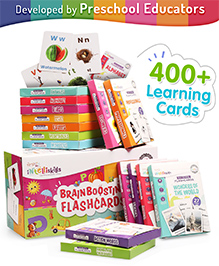
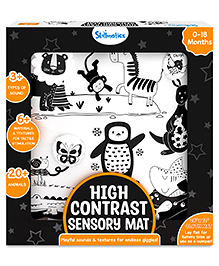
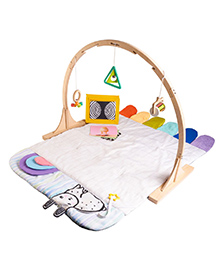
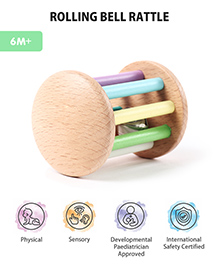
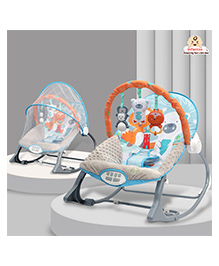
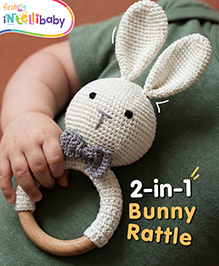
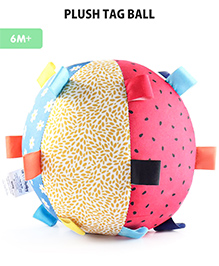
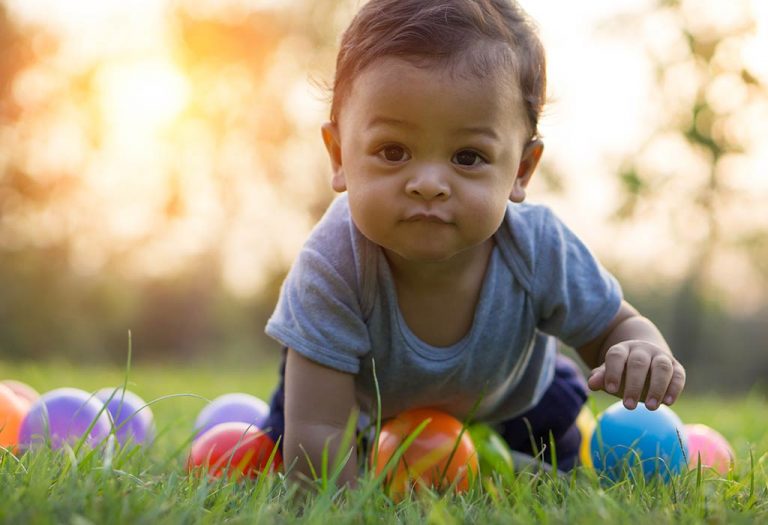
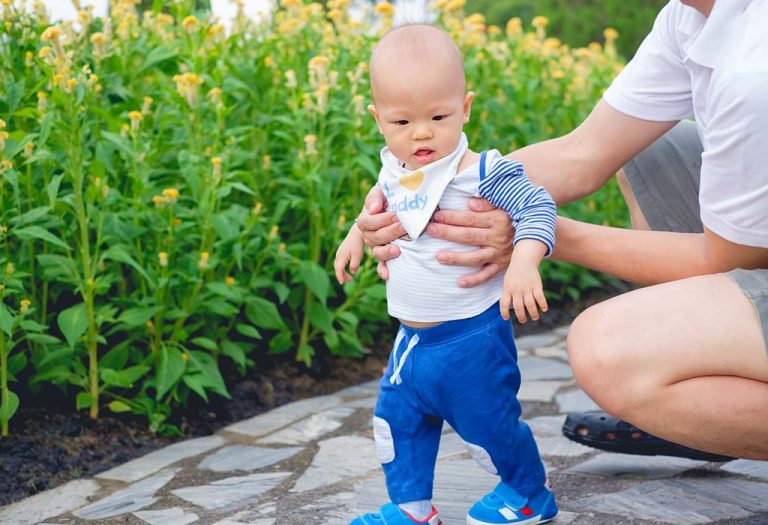

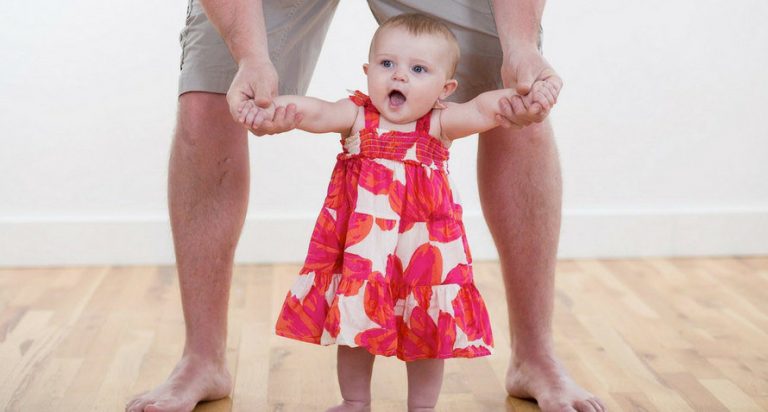
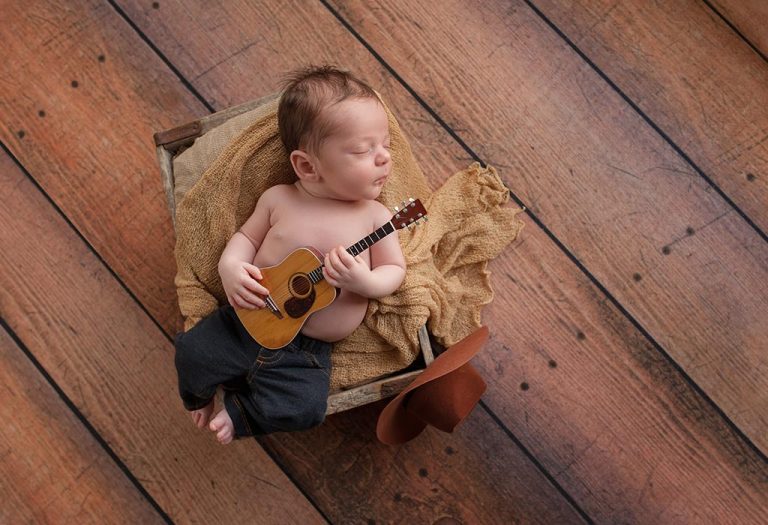
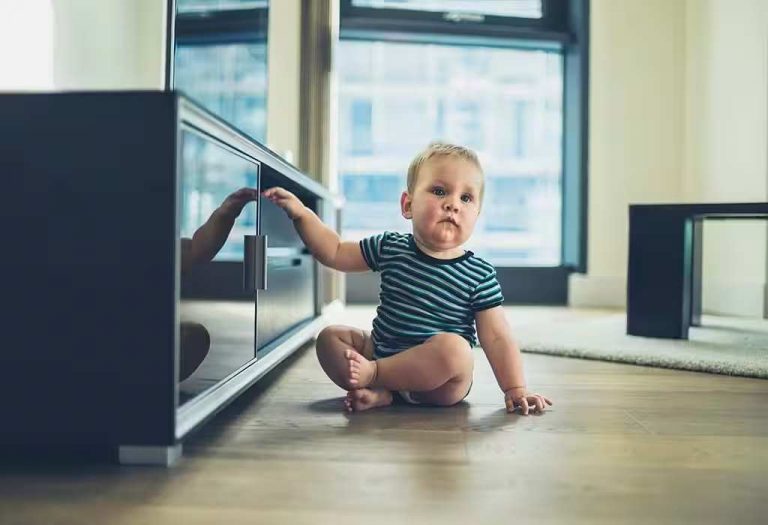

.svg)


















